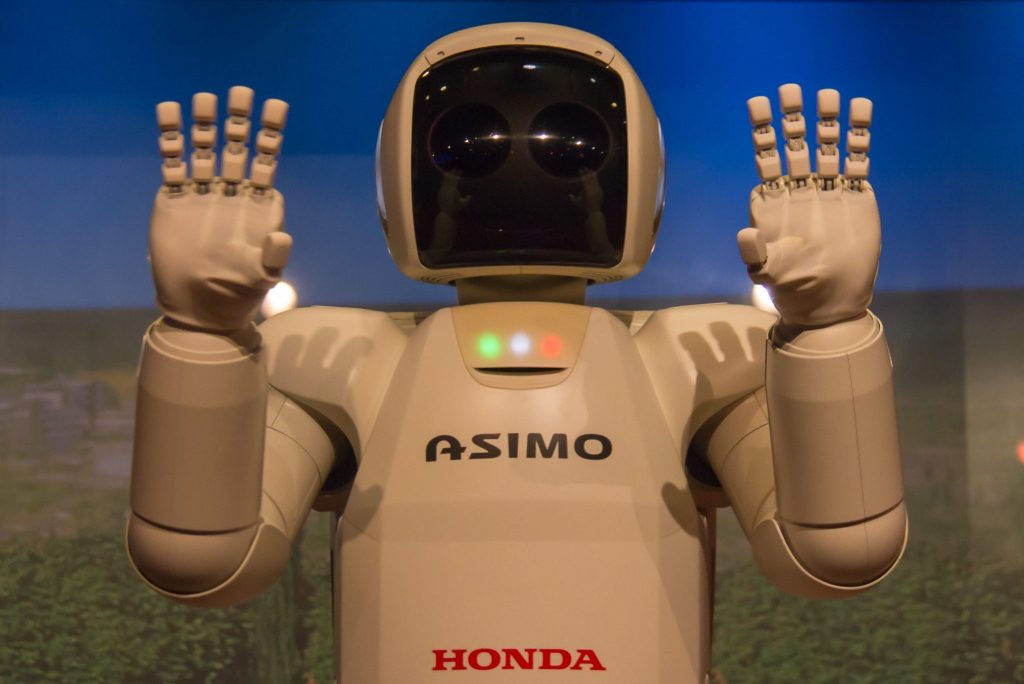Hotel Owners' New Financial Realities Thwart Pandemic Tech Push by the Major Brands

Skift Take
Hotel companies want technology to streamline operations and reduce labor costs, but labor union pushback and cash-strapped hoteliers will continue to delay widespread tech adoption within the industry.
Hotels emerging from coronavirus lockdowns will increasingly rely on technology to practice social distancing guidelines with features like mobile check-in and room service, companies like Hilton announced in the early days of the pandemic.
A greater tech embrace throughout the hotel industry could even help cut down on labor costs at a time when occupancy rates and room revenue are their lowest in recorded history.
But furloughed corporate workforces, limited cash reserves, and labor union pushback may hinder how much disruption can actually come to hotels in the next few years.
“As always in the hotel world, you’re always fighting the fact there is disassociation between the ownership of hotels — so the people who have to spend the money — and the brand, which mandates the new programs,” said Edouard Schwob, executive vice president of JLL’s hotels and hospitality group. “The hotel brands are always careful about pitching something to owners that may fall into the laps of the union.
